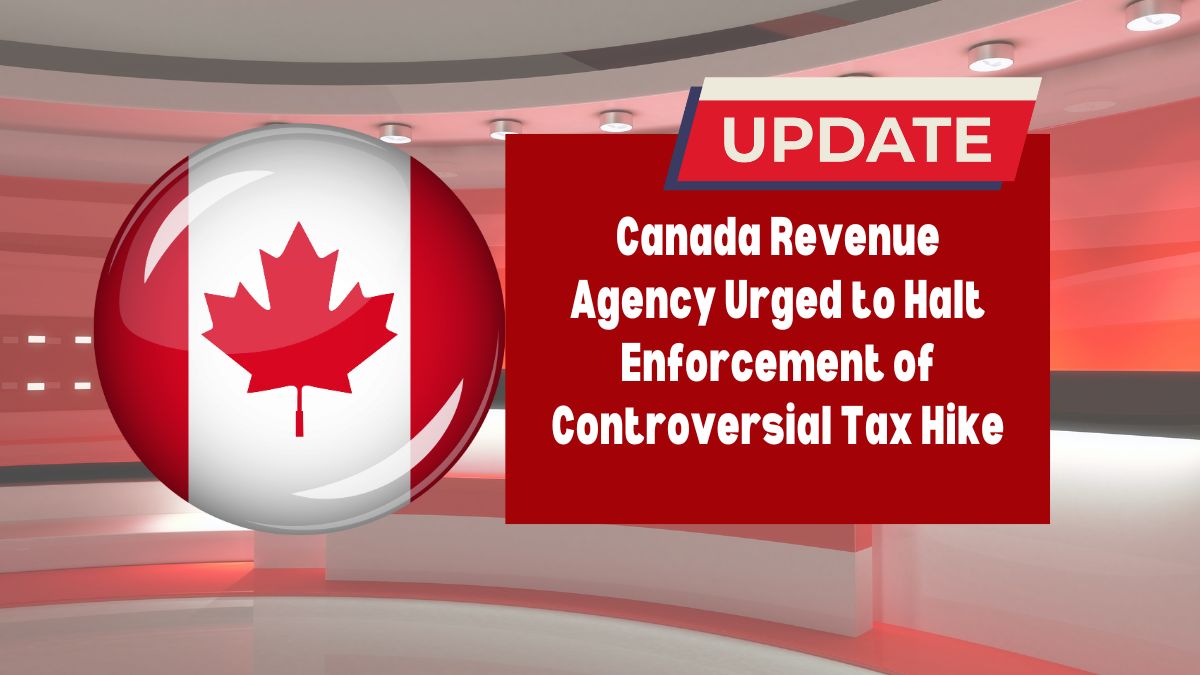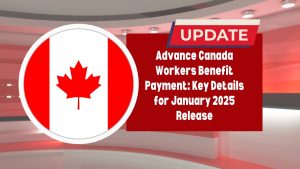The Canada Revenue Agency (CRA) has come under fire for enforcing a proposed tax hike that lacks the necessary democratic approval to become law. This controversial move not only undermines public trust but also risks significant economic repercussions for Canadians. Let’s delve into the details of this pressing issue, examining the facts, figures, and broader implications.
The Controversy Surrounding the Tax Hike
The root of the controversy lies in the Liberal government’s attempt to raise the capital gains inclusion rate, which determines how much of a capital gain is taxable. This rate has remained unchanged for over 25 years, providing stability for investors. However, a proposed increase in the inclusion rate was passed as a ways and means motion in Parliament last year.
What Is a Ways and Means Motion?
A ways and means motion is a procedural step that enables the government to propose changes to tax policy. However, it does not carry the weight of law. For any tax measure to be binding, it must:
- Be introduced as legislation.
- Undergo debate in Parliament.
- Secure majority approval through voting.
Unfortunately, the Liberal government did not follow through with corresponding legislation, leaving the proposal in limbo.
CRA’s Controversial Enforcement
Despite the absence of binding legislation, CRA has been pressuring Canadians to comply with the proposed tax changes. This action is unprecedented and undemocratic, creating financial uncertainty at a time when households are already grappling with inflation and rising interest rates.
Economic Impact: $6.9 Billion at Stake
CRA’s enforcement of this non-binding proposal could cost the Canadian economy an estimated $6.9 billion in 2024. The ripple effects are extensive:
- Early Investment Sales: Investors, fearing higher taxes, are selling off assets prematurely, often at reduced returns.
- Financial Strain on Households: Families and businesses following CRA’s guidance may end up overpaying taxes, waiting years for potential refunds.
- Loss of Economic Confidence: The enforcement undermines trust in the tax system, discouraging investment and economic growth.
| Key Impacts | Details |
|---|---|
| Economic Cost | Estimated $6.9 billion in 2024 |
| Investor Behavior | Premature sales of assets at reduced returns |
| Refund Delays | Overpaid taxes could take years to return, impacting liquidity |
| Trust in Tax System | Undermined due to perceived bureaucratic overreach |
| Impact on Businesses | Reduced ability to invest and grow due to financial uncertainty |
Political Developments: What’s Next?
The political landscape adds another layer of complexity to the issue. With Prime Minister Justin Trudeau stepping down and Parliament prorogued until March 24, the proposal is effectively dead in the water. The chances of the tax hike becoming law are slim, given the following factors:
- Opposition Promises: The Conservatives, NDP, and Bloc Québécois have all vowed to bring down the Liberal government, potentially triggering an election before any legislation can be passed.
- Public Opinion: Polls indicate that the Conservatives, who oppose the tax hike, are likely to form the next government.
- Uncertain Future: Even if the proposal is revived under a new Liberal leader, it would need to navigate a divided Parliament.
CRA’s Defense and Its Flaws
The CRA has defended its actions by citing a precedent of applying proposed tax measures as if they were law. While this approach may be appropriate for proposals nearing final approval, it is entirely inappropriate for the capital gains tax hike. The proposal is far from being enacted, and treating it as inevitable undermines the integrity of the democratic process.
Broader Implications of CRA’s Actions
This issue goes beyond the proposed tax hike. If CRA can enforce a tax based on a non-binding motion, it sets a dangerous precedent for future cases. Taxation should be:
- Transparent: Based on laws passed through the democratic process.
- Predictable: Free from bureaucratic speculation or overreach.
- Fair: Providing clarity and consistency to taxpayers.
The Call for Immediate Action
The CRA must halt enforcement of the proposed tax hike immediately or delay action until Parliament has had its say. Taxation should reflect the will of the people, as expressed through their elected representatives, and not assumptions by unelected bureaucrats. Canadians deserve a fair and transparent tax system, not one marred by uncertainty and financial strain.
FAQs
Why is the capital gains tax hike controversial?
The controversy stems from the CRA enforcing a proposed tax hike that has not been passed into law, undermining democratic principles and causing financial uncertainty.
What is a ways and means motion?
A ways and means motion is a procedural step that allows the government to propose tax changes but does not have the legal authority of a law.
How much could this enforcement cost the Canadian economy?
The enforcement could cost the economy an estimated $6.9 billion in 2024 due to early investment sales, financial strain, and reduced economic confidence.




